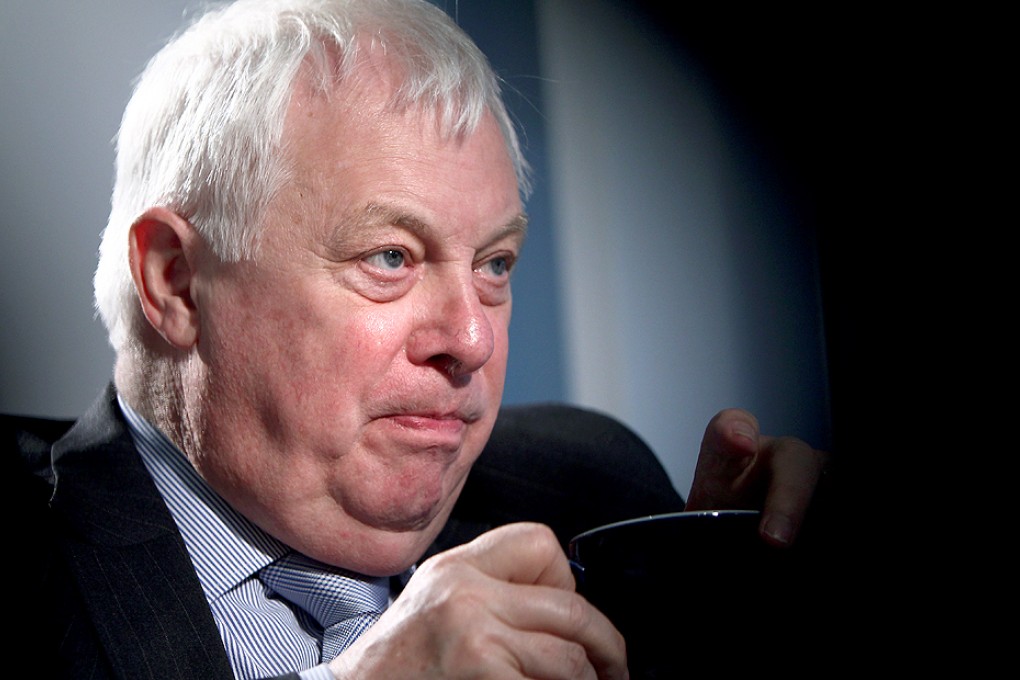Hong Kong's last governor Chris Patten undergoes major heart surgery, quits BBC
Ex-governor Patten resigns from high-profile role as chairman of the BBC Trust following heart surgery but remains as chancellor of Oxford University

Chris Patten, Hong Kong's last governor before the city was handed back to China in 1997, has undergone major heart surgery, the BBC reported on Tuesday night.
"As is well known, I underwent angioplasty while in Hong Kong [at Queen Mary Hospital in February 1993] and a cardiac ablation procedure some seven years ago; and since then I have been regularly assessed by my cardiologist," Patten, 69, said in a statement.
"Last year, for example, I had both a cardiac scan and a treadmill test. But on April 27, I experienced serious chest pains and was admitted to Chelsea and Westminster Hospital that night. I was transferred on April 28 to Royal Brompton Hospital where I was successfully treated with a combination of bypass surgery and angioplasty.
"These procedures have been successful and have ensured no permanent damage to my heart."
Nevertheless, Patten has decided to stand down from his 110,000 pound (HK$1.4 million)-a-year role as chairman of the BBC Trust with immediate effect.
"On the advice of my doctors ... and having consulted my family and friends, I have concluded that I cannot continue to work at the same full pace as I have done to date," Patten said. "On this basis I have decided with great regret to step down from the most demanding of my roles - that of chairman of the BBC Trust."